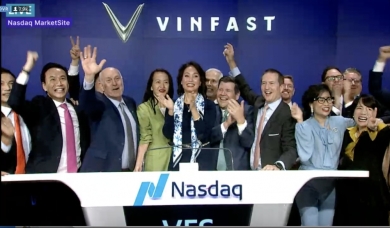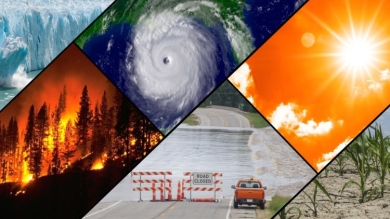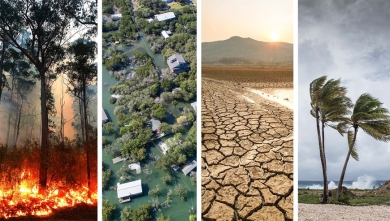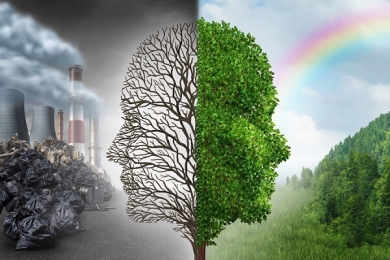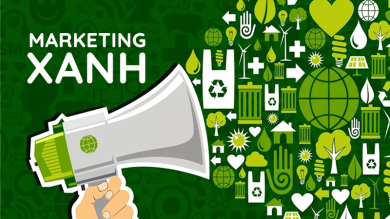A Noema symposium on clashes and cross-pollination.

Jonathan Zawada for Noema Magazine
“The intelligible unit of historical study,” Arnold Toynbee famously wrote, is neither the nation-state nor mankind as a whole, but civilizations that grew out of societies that evolved toward dominance of their “known world,” or stalled in isolation and fell into obscurity, depending on challenges to which they rose in response or that defeated them.
Writing his “Study of History” in the mid-20th century, he counted some 22 such civilizations that had arisen over the last 6,000 years, from the Mayan to Hindic to Sinic and Hellenic among many others. Each saw its foundation in a religious or cosmological outlook that shaped its internal cohesion through the form of the life of a society, its style of life, moral taste, form of government and spirit of laws.
For Toynbee, as the political scientist Robert Loevy has put it, “often one nation-state is the most powerful leader in the Civilization and comes to dominate it and symbolize it. After a lengthy period of domination, the Civilization falls, the world goes into a state of low-level organization, and humanity waits for the next Civilization to emerge and the cycle to begin anew.” Inevitably, as Toynbee saw it, creative elites become complacent in their success and fail to meet new challenges, both internally and from the outside.
Oswald Spengler, another philosopher of history most known for his book, “The Decline of the West”, similarly argued that the dominance of a civilization always diminished as the creative impulse that propelled its rise waned, overcome by “critical impulses” that destroyed the internal cohesion that sustained it.
A Turn Of The Cycle, Or Not?
These reflections are obviously relevant today as Vladimir Putin’s Russia and Xi Jinping’s China push back against the liberal world order led by the United States that has dominated the “known world” for the last eight decades following the West’s four-century rise.
Since they frame their challenge as “civilizational states” reasserting their historical identities anew, the question arises whether that challenge will defeat the West or serve to revitalize it by compelling a fresh creative response that both renews its internal cohesion and resists the hegemony of others.
Over the next weeks, Noema will address these issues in a running symposium of authors from West and East. We start out with the scholar-diplomat Bruno Maçães on “the return of civilizations” and then a response from Shashi Tharoor, the Indian parliamentarian and former under-secretary general of the United Nations, who argues that civilizational states are, by definition, “exclusive and illiberal.”
Zhang Weiwei, the Shanghai scholar favored by China’s leadership who wrote “The China Wave: Rise Of A Civilizational State,” argues that China’s system of governance is superior because it is rooted in the civilizational foundations of a unitary state led in modern times by a disciplined party administered by meritocratic elites. Alexander Lukin of the Russian Academy of Sciences challenges this thesis pithily: “China is not a civilization pretending to be a state … but a modern state that, for various political and ideological reasons, pretends to be a civilization.”
A former foreign minister of Singapore, George Yeo, argues that the West need to “refresh and extend” its liberal ideas globally and tolerate “the yearnings of non-Western peoples.” Pallavi Aiyar discusses the clash within Hindu civilization playing out in India today. Finally, the historian of Eurasia, Wang Gungwu, notes that “civilizations can coexist across boundaries as they have for centuries” but warns that “when ‘civilization power’ is claimed as universal and conflated with national interests, or when it is invoked in the name of national empire, the world becomes a dangerous place.”
Pragmatic Cross-Pollination
To review in this context the thinking of Lee Kuan Yew, one of the earliest proponents of the civilizational frame, which he called “the East Asian Way,” reveals some surprises. In one of our many conversations over the years, the founding father of Singapore brought his signature pragmatism into the picture of the evolution of distinct ways of life.
“Seeing the ancient, complex cultural map of this part of the world, can we all of a sudden accept universal values of democracy and human rights as defined by America? I don’t think that it is possible,” he said at one session at the Istana, the former British governor’s residence, where we usually met. “Values are formed out of the history and experience of a people. One absorbs these notions through the mother’s milk. The values that East Asian culture upholds, such as the primacy of group interests over individual interests, support the total group effort necessary to develop rapidly.”
He went on:
The idea of individual supremacy and the right to free expression, when carried to excess, has not worked. They have made it difficult to keep American society cohesive. Asians can see it is not working.
Yes, the creativity of ideas, the ability to bring new ideas to fruition and test them in the marketplace, that is all greatly admired around the world. But this free-for-all, this notion that all ideas should contend and there will be blinding light out of which you’ll see the truth — ha!
So far, so expected. Yet, he didn’t stop there. He saw that no place is an island anymore, not even Singapore, in a world far more intensively connected by the flow of information and cultural cross-pollination than in the long history of Toynbee’s considerations:
I do not see the conflict as competition between two closed systems. For Asia, I think that over the next one, two or perhaps three generations, there will have to be adjustments. So, a hundred years from now, I’m sure Europeans, East Asians and Americans will arrive at something approximating universal values and norms.
In such a world, no society can be protected from the influence of another. But that doesn’t mean that all Western values will prevail. I can only say that Western values are in fact superior insofar as they bring about superior performance in a society and help it survive. If adopting Western values diminishes the prospects for survival of a society, they will be rejected.
Non-Universal Pluralism Of Civilizations
Following Toynbee’s rubric, where we appear to be today is on the cusp of his state of low-level organization of the world, in which Western dominance is fading, but the cycle has not yet turned toward the preeminence of another civilization attractive enough to cement its influence across “the known world.” Perhaps this historical moment can be seen as a protracted reprieve from Toynbee’s cycles to a world of non-universal pluralism where cross-pollination seeds revitalizing creativity beyond boundaries made more porous than ever before by ubiquitous connectivity?
As Lee suggests, it is not beyond the realm of imagination that today’s clashes are a passage to some future sublation of one into the other. Though Toynbee did not consider the environment in times past as a challenge giving rise to a robust civilizational response, the imperative of mitigating climate change shared by all in one self-aware world could well be a new breed of challenge that brings about a new kind of planetary civilization the study of all previous history could not foretell.
BY NATHAN GARDELS From NoemaMag


